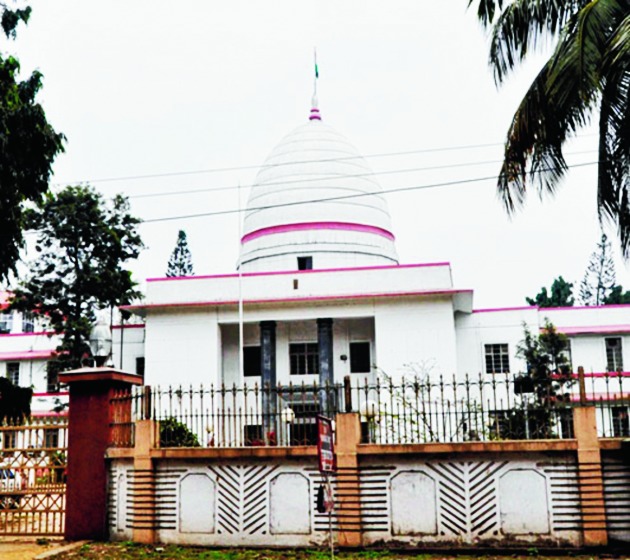In a “glaring” error, the education department of the Assam government has included the “obsolete” Person with Disabilities (Equal Opportunities, Protection of Rights and Full Participation) Act of 1995 instead of the amended Rights of Persons with Disabilities Act, 2016, in its latest Assam Secondary Education (Provincialised Schools) Service Rules of 2018, depriving qualified persons with disability in the recruitment for the posts of the school principal.
The error came into notice as one Bharati Bhattacharya, a specially-abled person and a postgraduate teacher in English at Zilkadar Ali Higher Secondary School in Cachar district, moved Gauhati High Court, challenging the service rules.
Bhattacharya, 53, has been working as an English teacher, complained before the high court that owing to the annexure of the old and obsolete law in the service rules, she has been deprived of being recruited as a principal under the direct recruitment provisions of the rules.
She told The Telegraph, “Despite having all the required academic qualifications, my candidatures for the post of principal were not accepted under the provisions of the service rules. When checked it was found that the state government has included the old law instead of the new one which empowers the persons with disability.”
Bhattacharya’s counsel advocate B. Purkayastha said, “Though the service rules was prepared in 2018, the state education department has included the outdated Act of 1995 instead of the amended Rights of Persons with Disabilities Act, 2016, which is in force. The new Act provides at least four per cent reservations for persons with disabilities. It’s a violation of human rights.”
He said during a hearing on February 17, when the petitioner’s side highlighted the mistake before the court, the state government admitted the error and sought time from the court to correct it.
“Giving an ultimatum, the high court has asked the state government to respond in the matter before March 3. The court said no further time would be given because the continuance of such statutory anomaly is likely to create further confusion,” the counsel added.











